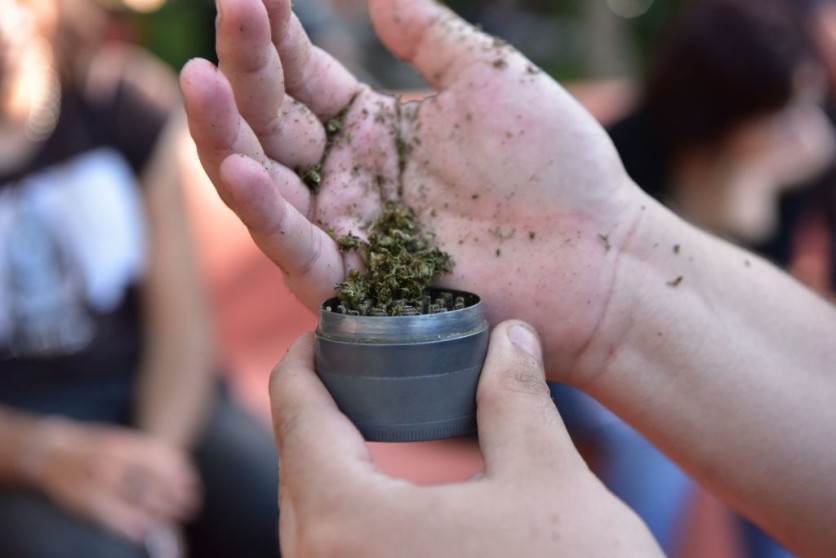A group of French scientists developed a new treatment for people with cannabis use disorder. The new drug will act as an inhibitor of the type-1 cannabinoid receptor (CB1) that reduces the side effects of cannabis without triggering withdrawal symptoms.

New Treatment for Cannabis Addiction
According to the Centers for Disease Control and Prevention (CDC), three out of 10 people who use marijuana have cannabis use disorder (CUD) or simply a cannabis addiction.
Too much usage of cannabis manifests in many ways, including loss of control, compulsive usage, continuity despite having problems, and neglected responsibilities.
As of the moment, there are no clear treatments for this addiction. However, Interested Engineering reported that a group of scientists in France could offer a potential treatment. The researchers from the biotechnology company Aelis Farma reportedly developed a new drug that could potentially address cannabis addiction.
The team led by Aelis Farma CEO Pier Vincenzo Piazza discovered the drug that acts as an inhibitor of CB1, helping to reduce the effects of cannabis without triggering withdrawal symptoms.
The new drug called AEF0117 targets a mechanism that inhibits some of the biochemical pathways activated by the CB1 receptor. It becomes the first compound of a new pharmacological class called CB1-SSI, and its compounds work by inhibiting specified intracellular effects without modifying behavior due to the combination of THC and CB1.
THC, or the Δ9-tetrahydrocannabinol, is the main psychoactive compound in cannabis. Aelis Farma raised $1.2 billion in funding to develop this drug.
LabioTech reported that the $664 million fund mostly came from regional investors, while $543 million was from research giants. This effort comes as cannabis, or marijuana, has become one of the most used drugs, with no treatments available for people addicted to it.
Testing the New Drug
Piazza told LabioTech that they have developed a "new generation of inhibitors" proven "very efficacious in animal models with no side effect whatsoever."
"It specifically targets the hyperactivity of the CB1 receptor involved in disease but preserving normal physiological behavior," Piazza added.
To determine its effectiveness, researchers also tested the drugs on volunteers in two company-run human trials. They assessed the drug's dosage and safety in a small group of healthy volunteers during Phase 1, while the drug was tested in individuals with targeted conditions and diseases during Phase 2a.
While more research is needed to solidify its safety and efficacy, Health News reported that the drug has the potential to become a CUD treatment option.
The drug appeared safe and well-tolerated as researchers found that AEF0117 decreased positive ratings of cannabis and lowered the number of times participants self-administered the drug without triggering disrupting functions like mood, sleep, and food intake.
Related Article : More US Women Use Marijuana During Pregnancy, Says Study


![Apple Watch Series 10 [GPS 42mm]](https://d.techtimes.com/en/full/453899/apple-watch-series-10-gps-42mm.jpg?w=184&h=103&f=9fb3c2ea2db928c663d1d2eadbcb3e52)


